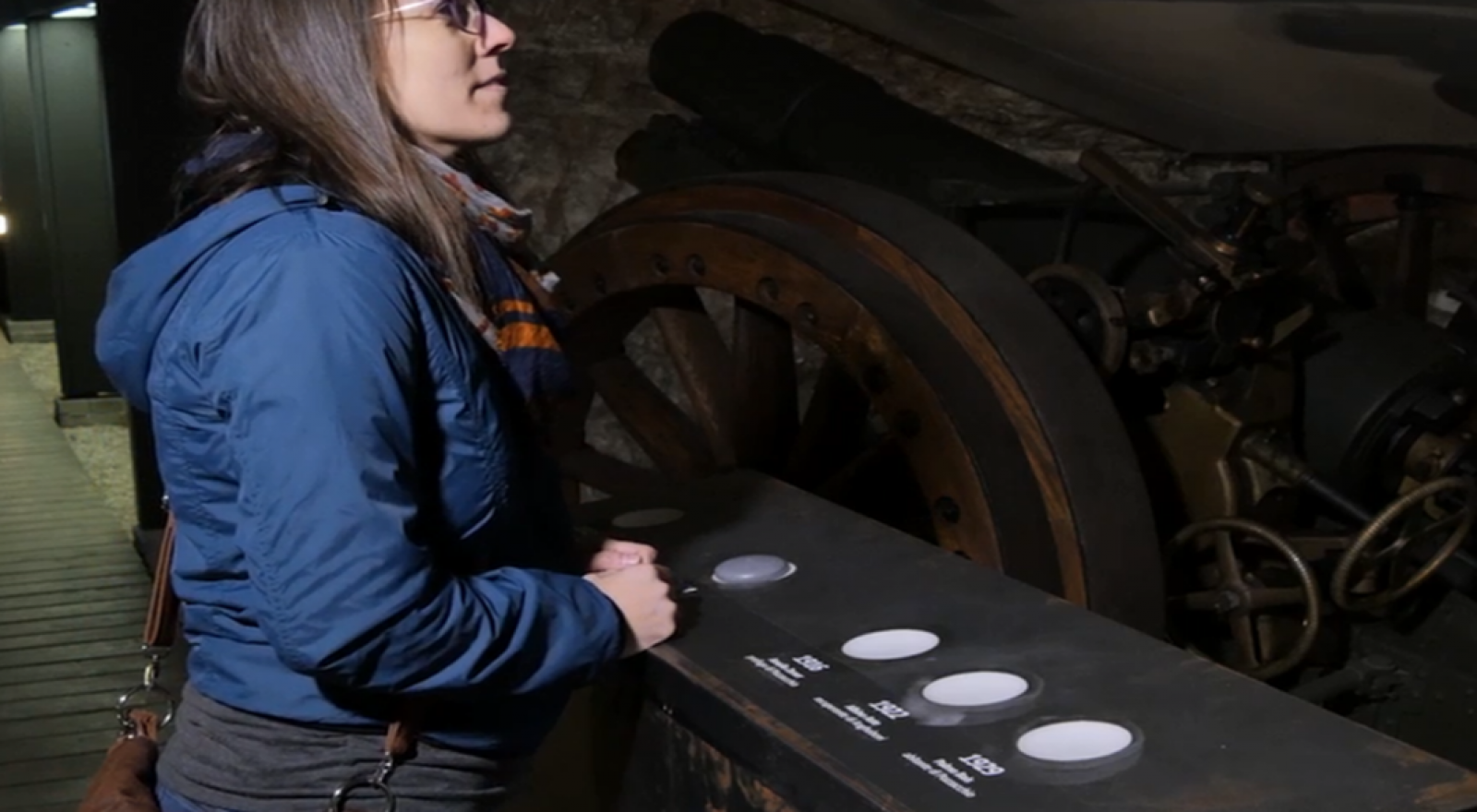Internet of things to engage museums’ audiences
The meSch European project, in collaboration with museums, has just ended; FBK coordinated the work package on visit personalization.
The meSch (Material Encounters with Digital Cultural Heritage) European project has investigated how technology advancements of the Internet of Things will allow for the use of digital content while better maintaining the centrality of visitors’ experience with exhibited dobjects or, more generally with cultural space (as a historical site).
In museum traditional approaches to technology, screens and mobile apps provide valuable digital content that enriches the information and education material available, but may distract visitors’attention from the works and artifacts, from their physicality, materiality and emotional charge – and interfere with the social dynamics that naturally agglomerate around the visit experience (different dynamics depending on the visiting group and the context). For some museums and cultural sites (science, history, archaeology museums), the relationship with the objects and the experiential aspect of the visit represent an important element that contributes to learning and involvement.
meSch experimented how technology can be incorporated within the objects or exhibition spaces themselves so that the attention of visitors can focus on the items displayed, on their discovery and handling, ensuring that objects (or their replicas) can tell their stories themselves and promote interaction with other visitors. For example, in collaboration with the Italian Historical Museum on War in Rovereto , pilot studies have been conducted on some artifacts and sites remembering WWI adding narrations on their historical significance, on their collective and personal memory significance.
The challenge, from the point of view of research and technology implementation, is twofold. On the one hand, the problem of studying the best suited way to offer visitors a new type of interaction that pertains to the ”Tangible, Embedded and Embodied Interaction” research area. On the other hand, the problem of creating tools that allow museum curators themselves to prepare the contents and the “augmented” objects to smoothly introduce technology in their museums.
In this project, coordinated by the Sheffield Hallam University, FBK has participated as coordinator of the work package on aspects of visit personalization, a subject on which the Foundation has extensive research experience.

